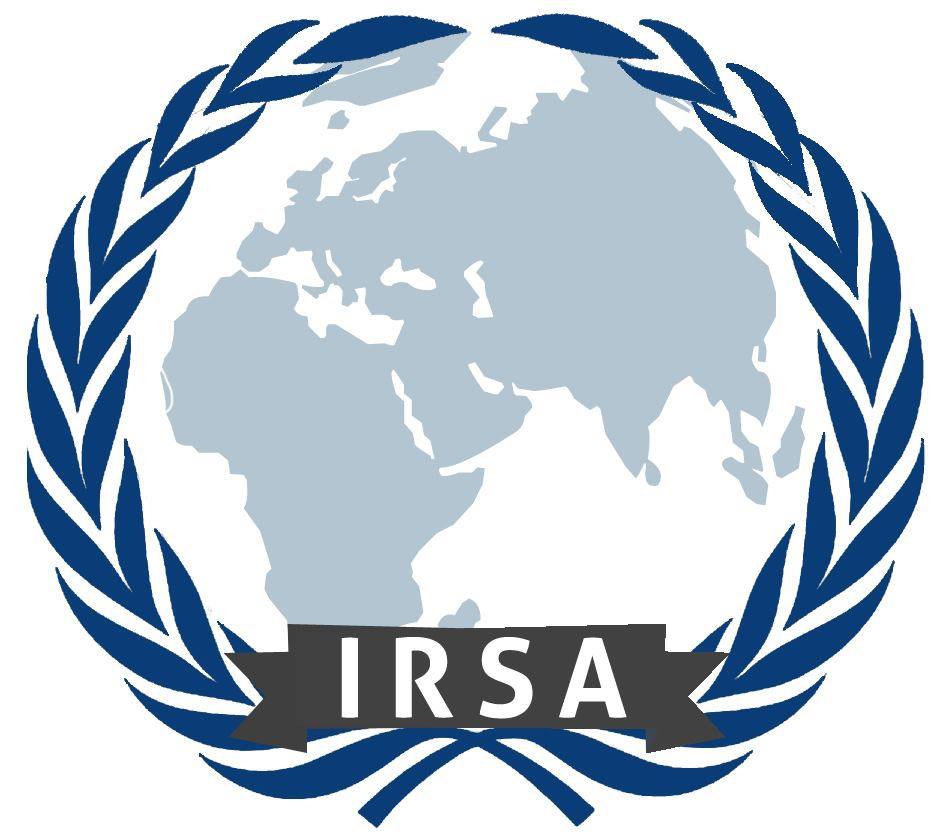Many students debate whether or not they wish to go to grad school. Use the guide below to help you with this decision.
Determine Why You want to Go to Grad School
There are many different reasons why people choose to pursue grad school. As grad school is a big investment in time and money, it is important to think about why you want to go before taking any additional steps. Do you want to go because:
- the career you wish to pursue requires a graduate degree or offers greater pay to people with a graduate degree;
- you are changing your focus and need additional training;
- you are passionate about a particular subject and want to learn more;
- or for other reasons?
Having a clearly defined goal for your graduate studies will help you to choose the right program and get the most out of your investment.
Still trying to decide on your career goals? Get advice from a UBC career advisor.
Types of Programs
There are a number of different options for graduate studies:
- Post-grad certificate/Professional Designation: provides students with specialized knowledge that is at the master’s level but less extensive than a postgraduate diploma or master’s degree.
- Terminal Master’s Degree: Usually a Master’s program without a thesis for students not intending to do a PhD and who are using the Master’s Degree to acquire skills for a specific job.
- Non-Terminal Master’s Degree: thesis-based program that can serve as a base for a future PhD
- PhD: End product is a dissertation consisting of a body of original academic research, which is in principle worthy of publication in a peer-reviewed context. You do not have to do an MA to do a PhD.
Programs also vary in terms of required course work, expected teaching components, internship and international placement possibilities.
Key Factors in Choosing a Program
- Supervisor: Find someone who shares your research interests and who would be a compatible supervisor. For more info on choosing a supervisor, please visit the following sites: UBC Graduate Studies – Choosing a supervisor, Getting Started
- Program Curriculum/Structure: Does the program have required courses? Is it thesis-based? Are classes in person or delivered online?
- Learning Environment: Does it match your personality/work goals.
- Funding: How much does it cost, is there extra funding available?
Application Process
Grad schools typically request/evaluate the following information:
- GPA
- Letters of Recommendation
- Test Scores such as the GRE, GMAT, or LSAT
- Statement of Purpose
- Writing Samples
Start your research early so that you know well in advance of your preferred program’s application deadline if you need to write any tests.
Search Resources
UBC
Canada
- Association of Universities and Colleges of Canada: Includes a brief introduction for each university, including the university profile, programs, academic year, enrolment, tuition fees, housing, and sports
- Canadian Association for Graduate Studies (CAGS): Brings together 58 Canadian universities with graduate programs, the three federal research-granting agencies, and many other organizations
United States
- Graduate Guide Home: Search for US law schools, doctorates, and MBA programs by major and state; includes university contact details and email forms
- Council of Graduate Schools: the Resources for Students section includes information on choosing a graduate school, financing your education, fellowships and financial aid
World
Law Schools
Examples of Schools that UBC IR Students have Attended for Graduate Studies
Canada
- Carleton University – IR
- Dalhousie University – Law
- McGill University – IR, MBA
- Queen’s University – IR, Law
- Simon Fraser University – IR, MBA
- University of British Columbia – POLI, MBA, Law, MPPGA
- University of Calgary – IR, Law
- University of Toronto – IR, Law
- University of Victoria – IR, Law
- York University – IR, Law
World
- Institut d’Etudes Politiques de Paris (Sciences Po) – IR
- London School of Economics and Political Science (LSE) – IR
- National University of Singapore – IR
- Northwestern University – Law
- University of Bristol – Law
- University of Cambridge – IR, Law
- University of London – IR
- University of Oxford – IR
Additional Resources
Much of the information on this site was gathered from a great book. Check it out along with many other resources available through the UBC Library:
Is graduate school really for you? : the whos, whats, hows, and whys of pursuing a master’s or Ph.D by Amanda Seligman
You can also visit the following sites:
